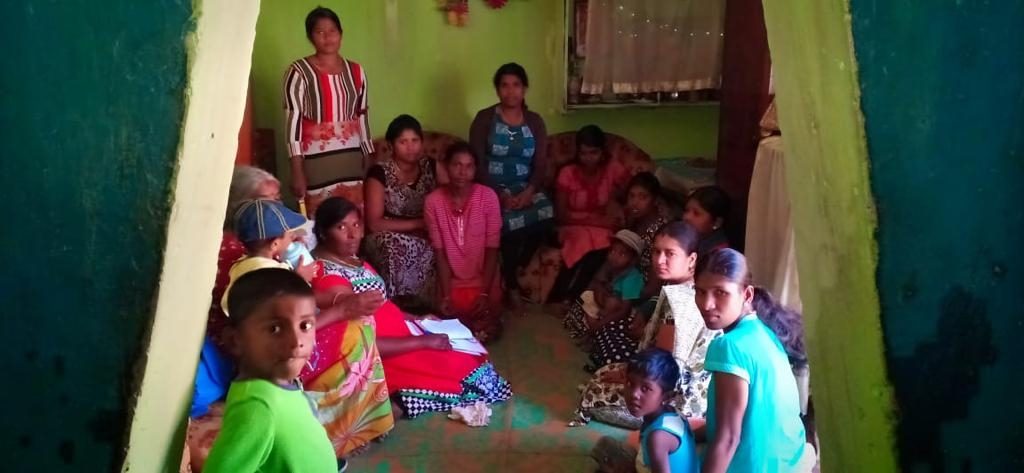Happy New year.
After a lot of preparation during 2018, we are now rolling out our new programme for the women of Nuwara Eliya, the tea plantation region of Sri Lanka.
Like most things in Sri Lanka, it takes time to get new ideas off the ground. But the delays have meant we have had time to reflect on what we learned through our first programmes in 2016-2018 looking at what worked and what could be improved.
We have been really mindful that our new project participants in Nuwara Eliya are coming from a very
They have had little opportunity for education nor exposure to the basic rights everyone takes for granted.
There were probably 2 critical lessons for the Foundation from our earlier programmes in Kurunegala that have helped shape our Nuwara Eliya programme.
Firstly – Connection. Our first groups of women could be best described as ‘loosely’ connected to each other. They all lived in the Kurunegala district, but this is not the same as living in a village. Therefore the connection each woman had was only at the group monthly meeting. For some women, this was quite okay, but it was very apparent that others could have benefitted from a tighter bond. This would have allowed them to share issues and get encouragement more frequently from the others.
Although our Kurunegala facilitators were in constant contact, there is something more powerful when it is a fellow ‘sister’ who is the connection.
So our Nuwara Eliya project is village-based, with participants who
Secondly, Structured Learning. With
This would have greatly helped some to think through how well they could handle the actual business activity they were planning. We found we had some women really thrive and even start employing additional people, whilst others really struggled to get any traction in their
However, the Nuwara Eliya project required much deeper learning to be offered, as many women are very poorly educated, especially when it comes to basic life skills like family finance, health and nutrition. We needed to make available all the essential knowledge they might need to make better life choices.

Therefore all participants will undergo a structured learning programme covering basic life skills and income strategies in areas such as –
- the UN rights of the child
- the UN rights of a woman and gender empowerment
- the basic nutritional requirements for a child’s normal development
- health and hygiene strategies
- creating savings
- creating life plans to start ‘off-farm’ business ideas, or start their own plantings
Manori, our facilitator commences the first of our life skill lessons on 17th January. So in the coming months, I will update you on the fruits of our efforts. Our goal is to provide life skills and opportunities to a very marginalised group of women, if we can have a positive impact on these women then their families and community around them will benefit.